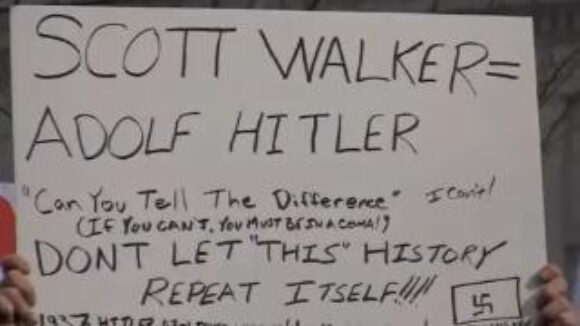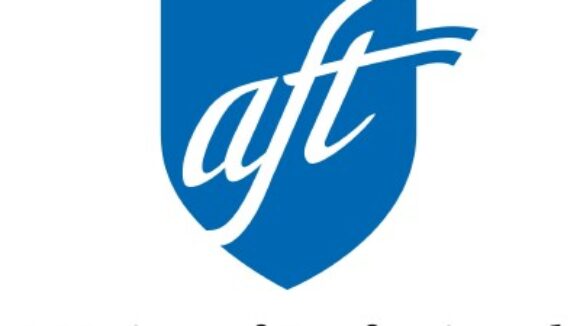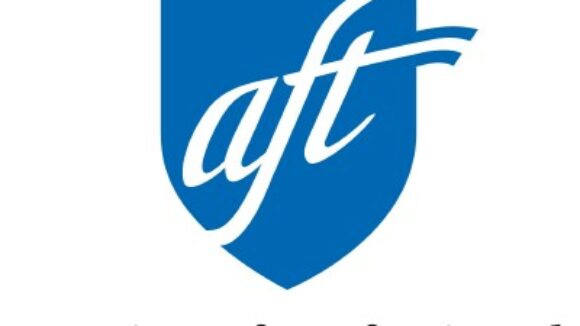Big Labor Choosing Profiteering over Teachers' Jobs
In Las Vegas, the Clark County School Board is refusing to allow competitive bidding for health insurance for teachers forcing the school district to use a costly insurance program owned by the union itself. This decision alone could lead to the firing of 1,000 school employees. As the Education Action Group notes: The CCEA is not the first teachers union to form its own insurance company and pressure local school boards into purchasing that company’s overpriced coverage. The Maine Education Association, the state’s largest teachers union, established its own insurance entity, the Maine Education Association Benefits Trust, in 1993. The Benefits Trust “ facilitates” the purchase of employee health insurance for Maine’s public schools, essentially selling them coverage provided by the state’s largest carrier, Anthem Blue Cross/Blue Shield. Nearly every school district in the state has been lulled into joining this system over the years, according to officials in several Maine school districts. The Benefits Trust/Anthem scam, which discourages outside competition, has driven insurance prices through the roof for Maine schools. The Michigan Education Association owns its own insurance company, called the Michigan Education Special Services Association (MESSA). For years local union negotiators have pressedschool boards to purchase MESSA employee health insurance, despite its high cost.



